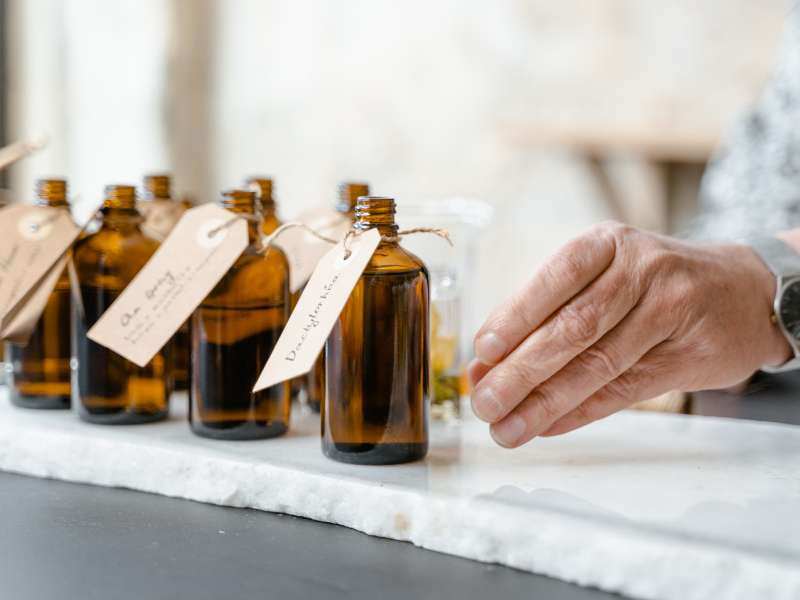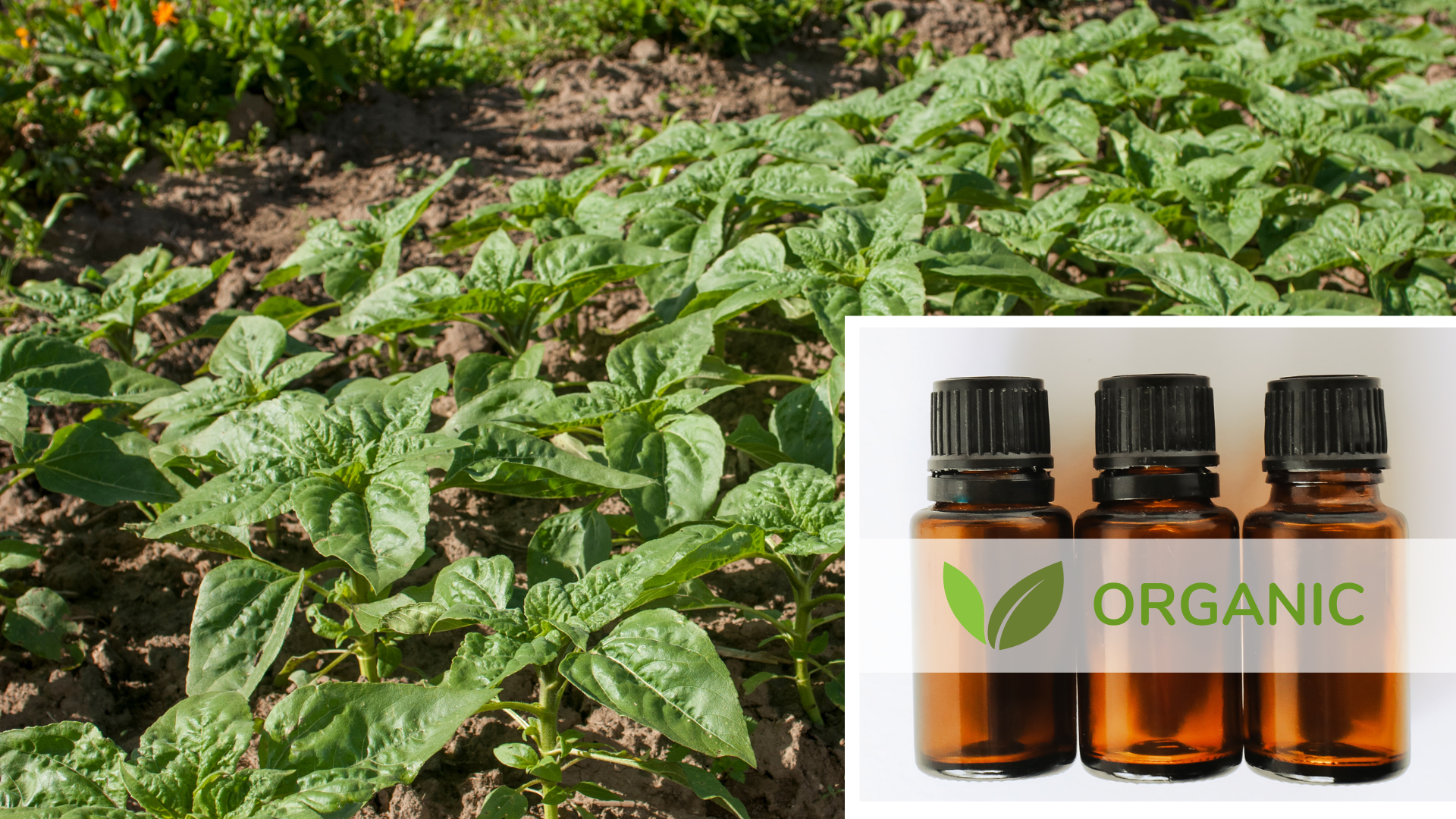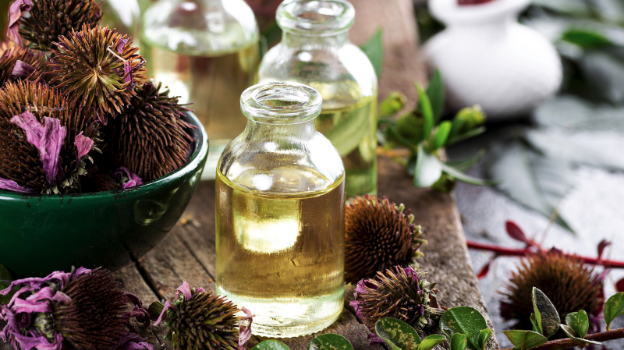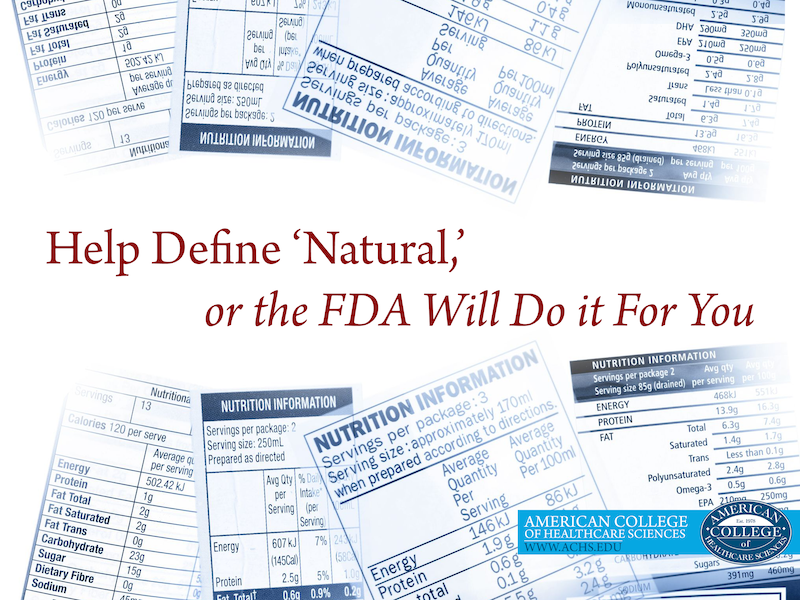Reviewed by ACHS Founding President Dorene Petersen.
In today's marketplace, shoppers are increasingly savvy and informed, taking the time to read labels on products they buy both online and in stores. This trend is particularly significant for the essential oil and herb industry, where discerning plant lovers look for quality products. Understanding and recognizing these labels is crucial, especially for those using essential oils and herbs to create products for resale, as it directly impacts the end user.
Why Quality Labels Are Important
Quality labels provide vital information about the products you purchase, offering insight into their sourcing, processing, and ethical considerations. Here are some reasons why these labels are essential:
- Informed Choices: Quality labels empower consumers to make educated decisions based on their values and preferences.
- Health and Safety: Labels indicate whether a product is free from harmful chemicals, ensuring it is safe for use or consumption.
- Sustainability: Labels such as "Sustainably Sourced" show that the product was harvested in a way that minimizes environmental impact.
- Ethical Standards: Labels like "Cruelty-Free" and "Ethically Sourced" reflect humane and fair labor practices.
- Labeling is important, and so is verification! Having a label verified by a third-party company, such as those listed below, assures consumers that your product is accurately represented.
 "In the world of medicinal herbs and essential oils, quality labeling isn't just a regulatory requirement—it's a promise to our customers. Accurate and transparent labeling ensures that you know exactly what you're getting, from the organic nature of our products to the purity and potency of our offerings. This commitment to clarity not only guarantees the safety of what you consume but also fosters trust and confidence in the natural remedies you rely on for your well-being." - Natalya Shepeleva, ACHS GMP and Quality Assurance Coordinator
"In the world of medicinal herbs and essential oils, quality labeling isn't just a regulatory requirement—it's a promise to our customers. Accurate and transparent labeling ensures that you know exactly what you're getting, from the organic nature of our products to the purity and potency of our offerings. This commitment to clarity not only guarantees the safety of what you consume but also fosters trust and confidence in the natural remedies you rely on for your well-being." - Natalya Shepeleva, ACHS GMP and Quality Assurance Coordinator
Key Quality Labels Explained
Sustainably Sourced
Products labeled as "Sustainably Sourced" are harvested in a way that maintains ecological balance and promotes environmental health. These sustainable sourcing practices ensure the conservation of resources and minimize the environmental footprint1. Sustainability is integral to the mission and vision of ACHS, and it is embedded throughout the institution. This commitment is especially evident in our Apothecary Shoppe's quality products, where we prioritize wellness by ensuring that plants and herbs are grown with care and consideration for the environment. L
View sustainable sourced essential oils and herbs
Ethically Sourced
"Ethically Sourced" products are obtained in a manner that respects workers' rights and promotes fair labor practices. This label signifies a commitment to social responsibility, ensuring fair wages and safe working conditions2.
Learn more about Fair Trade Certified
Explore our course on ethically sourced White Sage
Organic
According to Oregon Tilth, "certified organic" means that products are made and processed following strict USDA standards. This certification ensures that the items are grown without synthetic pesticides, herbicides, or fertilizers and without GMOs. It also means farmers use practices that support soil health and biodiversity, like crop rotation and organic composting. Moreover, the processing of these products avoids synthetic additives and methods that could affect their organic status. The certification process involves thorough inspections, detailed documentation, and strict adherence to these organic standards to make sure everything is up to code4.
Learn more about Organic labeling
ACHS Founding President Dorene Petersen explains how to correctly store essential oils for optimal therapeutic quality.
All Natural
The "All Natural" label signifies that the product is free from artificial ingredients and synthetic chemicals, derived from natural sources, and minimally processed, but it does not imply that it is organic; since "all natural" is not a strictly regulated term, standards can vary, so for greater assurance of quality, seek additional certifications such as USDA Organic or Non-GMO5.
Learn more about “Natural” labeling
Pesticide-Free
Products labeled as "Pesticide-Free" are grown without chemical pesticides, ensuring they are safe and free from toxic residues6. Pesticide-free essential oils and herbs can boost your wellness by providing a cleaner, more natural option for your health. Without synthetic pesticides and chemicals, these high-quality, pesticide-free products are not only safer but also more effective for supporting your overall well-being7.
Learn more about pesticide-free essential oils
Cruelty-Free
The "Cruelty-Free" label, often associated with the Leaping Bunny certification, ensures that no animal testing is conducted at any stage of product development. This label is crucial for consumers concerned about animal welfare. At ACHS and the Apothecary Shop, we do not purchase products that have been tested on animals8.
Learn more about Leaping Bunny
Therapeutic Grade vs. Therapeutically Active
"Therapeutic Grade" is a marketing term companies use, with widely varying definitions. There is no actual standard on which these are graded amongst companies. It is very important to understand that because this is a popular marketing phrase, many mistake this as meaning “organic,” for example. At ACHS and the Apothecary Shoppe, we prefer the term "therapeutically active," which signifies products that are quality-grown, fresh, and have the highest potency and effectiveness of their chemical constituents9. We compare the GC/MS profile with both the USA and British pharmacopoeias to ensure that the constituent profile is what it needs to be to provide a therapeutically active essential oil.
Learn more about therapeutically active products.
Wildcrafted
"Wildcrafted" refers to plants harvested from their natural habitats rather than cultivated on farms. This practice helps preserve genetic diversity and often results in more potent products. Ethical wildcrafting should still allow for the plant population to continue thriving10.
Interested in herb gardening? Take a peek at our micro-credential Master Herb Gardening for the Home Herbalist
Kosher
The "Kosher" label indicates compliance with strict dietary laws as outlined in Jewish tradition. This certification is important for consumers observing these dietary restrictions and seeking assurance of compliance12.
Learn more about Kosher Certification
Non-GMO
The "Non-GMO" label signifies that the product does not contain genetically modified organisms, addressing consumer concerns about the potential health and environmental impacts of GMOs13.
Learn more about Non-GMO labeling
Gluten-Free
While it may seem obvious that an essential oil is gluten-free, it's crucial to ensure this because many essential oils are distilled in facilities that also manufacture gluten-containing food products. This is important as essential oils and herbs are commonly used in food recipes, spices, herbal remedies, teas, tinctures, and lip balms14.
Learn more about Gluten-Free Certification
B Corp
The "B Corp" certification demonstrates a company's commitment to high social and environmental performance, accountability, and transparency. It reflects a holistic approach to ethical business practices. Partnering with a B Corp-certified company indicates that the company's core values are actively upheld in its operations15.
Learn more about B Corp Certification
Ensuring Product Quality
Do you have a favorite product you use and aren’t sure if it meets one of the above standards? The good news is companies should be able to prove they hold these standards with traceable paperwork. Reach out to the company and ask for the information; they should be able to provide the proper documentation.
At The American College of Healthcare Sciences (ACHS) and the Apothecary Shoppe, we prioritize offering high-quality products that meet stringent standards. Understanding these quality labels can help you make informed choices that reflect your values, ensuring that you support products that are healthy, sustainable, and ethically produced.
This content is for educational purposes only and is not intended to be medical advice. Always use herbs and essential oils with caution and keep out of reach of children. Use particular caution when pregnant or nursing. Always check contraindications and think safety first! The statements herein have not been evaluated by the FDA. Products are not intended to diagnose, treat, cure, or prevent disease.
References
- The COSA. (n.d.). Responsible sourcing and sustainable sourcing. https://thecosa.org/responsible-sourcing-and-sustainable-sourcing-2/
- Fair Trade Certified. (2023). The connection between planet and people: Position paper. https://www.fairtradecertified.org/wp-content/uploads/2023/04/Fair-Trade-Certified-The-Connection-Between-Planet-People-Position-Paper.pdf
- Oregon Tilth. (n.d.). Certification. https://tilth.org/certification/
- United States Department of Agriculture (USDA). (2012, March 22). Organic 101: What the USDA organic label means.
- U.S. Department of Agriculture, Economic Research Service. (2023, August). Prevalence of the natural label varies by food category. Amber Waves. https://www.ers.usda.gov/amber-waves/2023/august/prevalence-of-the-natural-label-varies-by-food-category
- U.S. Environmental Protection Agency. (n.d.). Pesticides. https://www.epa.gov/pesticides
- ACHS College. (2024, January 28). Maximizing wellness with pesticide-free essential oils. https://info.achs.edu/blog/maximizing-wellness-with-pesticide-free-essential-oils
- Leaping Bunny. (n.d.). Leaping Bunny. https://www.leapingbunny.org/
- ACHS College. (2024, May 1). What makes essential oils and herbs therapeutically active. https://info.achs.edu/blog/what-makes-essential-oils-and-herbs-therapeutically-active
- ACHS College. (2010, January 24). How to wildcraft in winter. https://info.achs.edu/blog/how-to-wildcraft-in-winter
- ACHS College. (n.d.). Master herb gardening for the home herbalist. https://learn.achs.edu/browse/micro-credentials/courses/master-herb-gardening-for-the-home-herbalist
- EarthKosher. (n.d.). EarthKosher. Retrieved July 19, 2024, from https://earthkosher.com/
- Non-GMO Project. (n.d.). Non-GMO Project. https://www.nongmoproject.org/
- Gluten-Free Certification Organization (GFCO). (n.d.). Gluten-Free Certification Organization. https://gfco.org/
- B Corporation. (n.d.). B Corporation. https://www.bcorporation.net/en-us/






